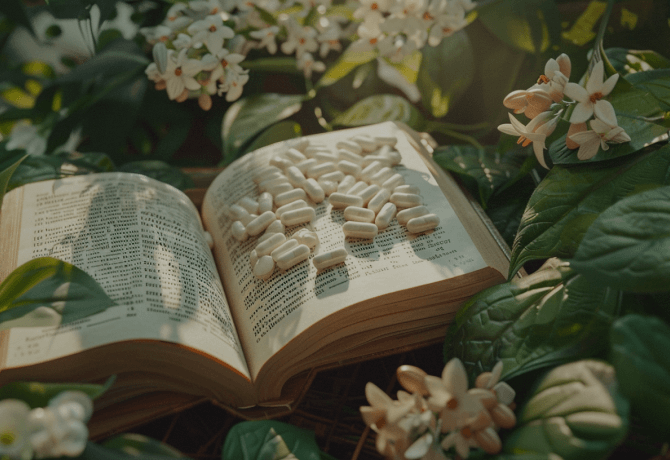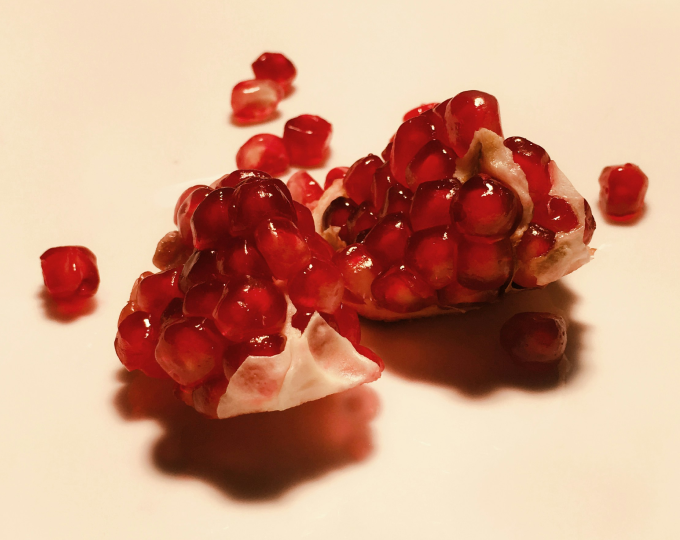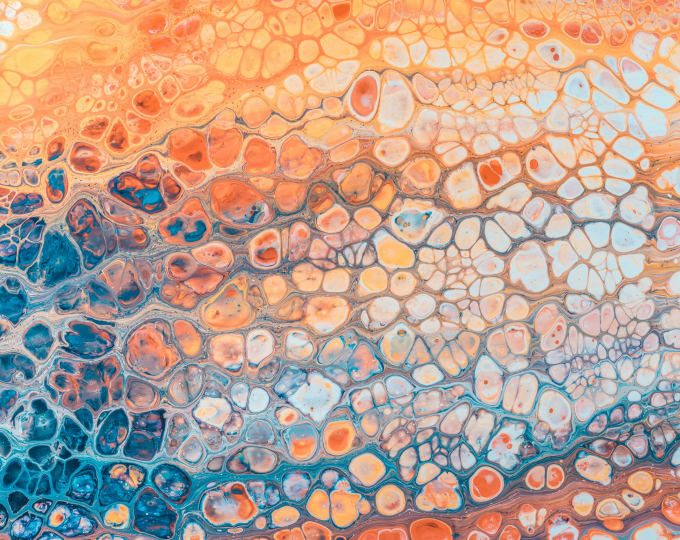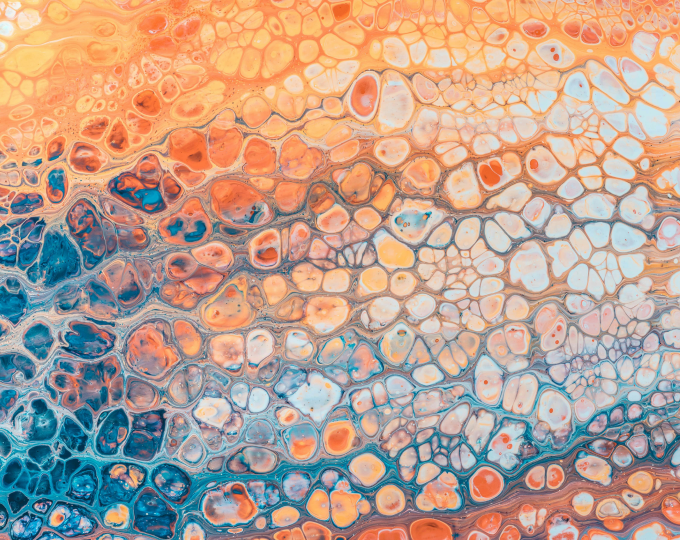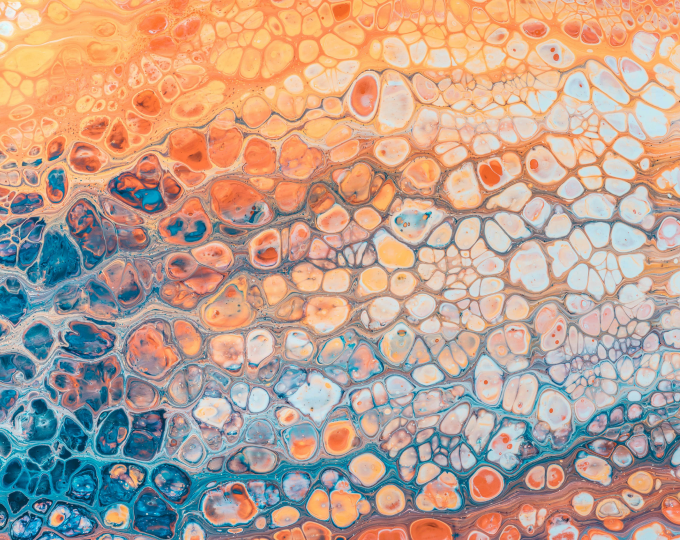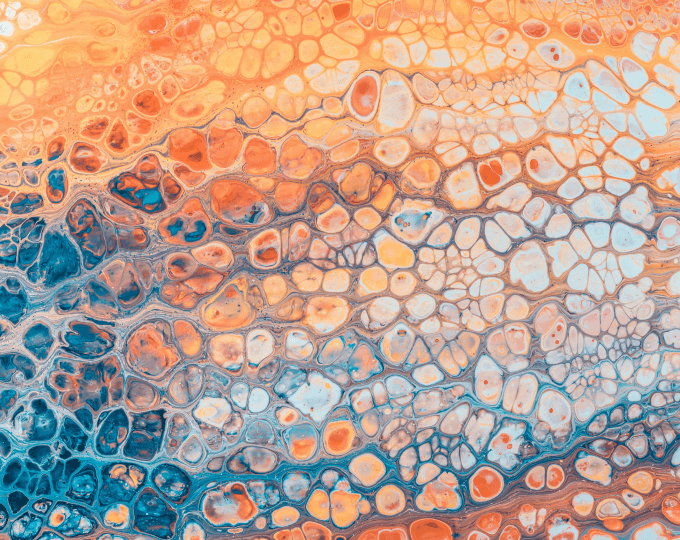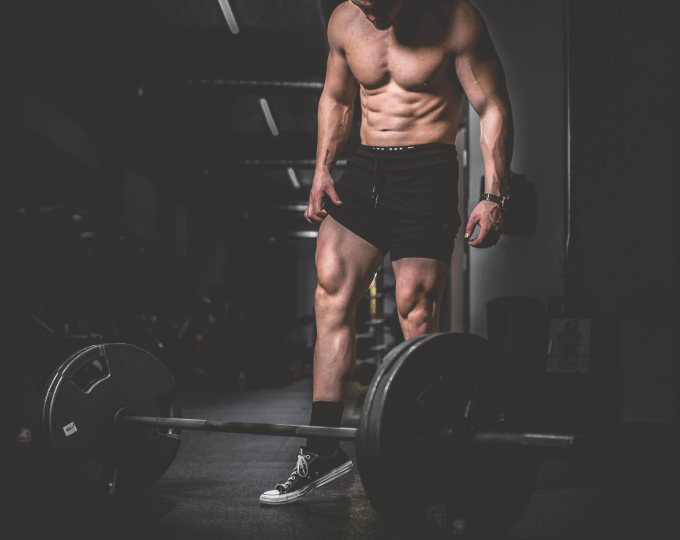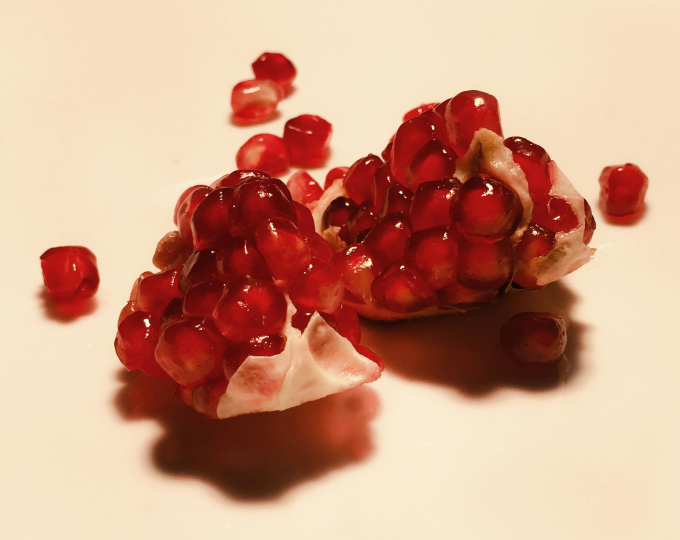Themen dieses Blogartikels:
What is coenzyme Q10?
Coenzyme Q10 is structurally related to vitamin K, but is not a vitamin itself. It is a substance produced naturally in the body and is also called ubiquinone-101. It is a quinone derivative with a 10-unit isoprene side chain.
What functions does coenzyme Q10 have?
Q10 is mainly found in the mitochondrial membrane, where it is involved in the respiratory chain by acting as an electron carrier. The electrons collected via the oxidation of macronutrients are passed on via the respiratory chain, protons are pumped into the intermembrane space and ATP is produced with the resulting energy and the proton gradient. Coenzyme Q10 is absolutely involved in this process. The highest concentrations of Q10 are found in the heart, lungs and liver, probably due to the high energy requirements.1
What makes coenzyme Q10 unique?
Q10 is a molecule that prefers to reside in membranes. This is due to the long lipophilic isoprene unit chain. Q10 can move relatively freely in the membrane and thus fulfill its role as an electron carrier.2
How much coenzyme Q10 do you need per day?
According to the Federal Institute for Risk Assessment (BfR), coenzyme Q10 is produced in sufficient quantities by a healthy organism. The supply of coenzyme Q10 is therefore guaranteed in healthy individuals with a balanced diet4. There is therefore no recommendation from the German Nutrition Society (DGE) regarding the intake of coenzyme Q10.
When do you particularly need coenzyme Q10?
Q10 is particularly relevant for athletes and people with increased energy requirements (pupils, students, during physical and mental work), as a sufficient supply of energy can be decisive for performance.3
How does a coenzyme Q10 deficiency develop and how does it manifest itself?
Coenzyme Q10 is both absorbed from many foods and produced by the body itself. According to the consumer advice center, there is no known deficiency requiring treatment. However, it has been observed that the concentration of coenzyme Q10 decreases with age in some tissues, particularly in the heart muscle. It is unclear whether this is a normal ageing process or whether a supply of coenzyme Q10 would be beneficial in this case. What is certain, however, is that treatment with statins, i.e. cholesterol-lowering drugs, can lead to a Q10 deficiency. The reason: the body's own synthesis pathway (a branch of cholesterol synthesis) is inhibited. Care should be taken here to ensure a sufficient supply.6
What happens in the event of an overdose of coenzyme Q10?
To date, there have been hardly any studies on this topic. It has been sporadically observed that an additional intake of coenzyme Q10 in doses of up to 300 mg per day can occasionally lead to nausea, heartburn, stomach problems, abdominal pain or diarrhea.7
Which foods contain particularly high levels of coenzyme Q10?
Welche Lebensmittel enthalten einen besonders hohen Gehalt an Coenzym Q10?
This dictionary entry is based on carefully researched sources:
Bibliography & Sources
- https://www.vitalstoff-lexikon.de/Weitere-Vitalstoffe/Coenzym-Q10/Definition-Synthese-Resorption-Transport-und-Verteil
- https://flexikon.doccheck.com/de/Ubiquinone
- https://www.immunbiologe.de/app/download/12188067/OM-Ern%25C3%25A4hrung2022-Q10-therapiestudie.pdf
- https://www.bfr.bund.de/de/coenzym_q10__was_ist_ueber_gesundheitliche_risks_known___und_was_nicht_-313412.html
- https://www.verbraucherzentrale.de/wissen/lebensmittel/futtersergaenzmittel/coenzym-q10produkte-ist-ein-nutzen- aktuell-bewiesen-21067
- https://www.apotheken.de/gesundheit/gesund-leben/futterrgaenzungs-mittel/12604-coenzym-q10
- https://www.bfr.bund.de/de/coenzym_q10__was_ist_ueber_gesundheitliche_risks_known___und_was_nicht_-313412.html
